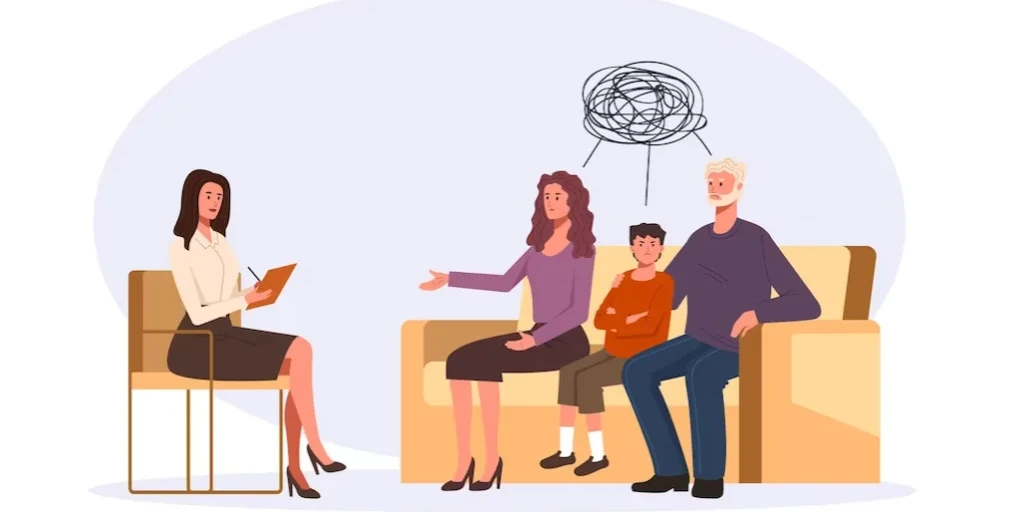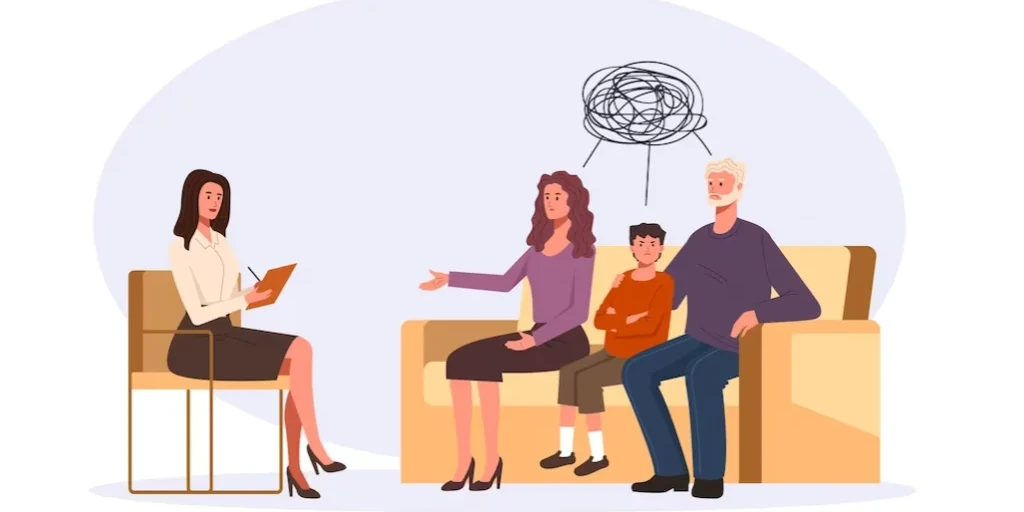24/7 Helpline:
(866) 899-221924/7 Helpline:
(866) 899-2219
Learn more about 12-Step Rehab centers in Crittenden County
12-Step Rehab in Other Counties

Other Insurance Options

UMR

Choice Care Network

BlueCross

GEHA

EmblemHealth

Optima

PHCS Network

Amerigroup

WellCare Health Plans

Private insurance

Health Net

ComPsych

Health Choice

Oxford

Meritain

Self-pay options

American Behavioral

Holman Group

MHNNet Behavioral Health

Group Health Incorporated

Mid South Health Systems
Mid South Health Systems (Arisa Health) is a drug and alcohol rehab in West Memphis, Arkansas. They ...

OakRidge Behavioral Center
OakRidge Behavioral Center is a drug and alcohol rehab in West Memphis, Arkansas. They provide inpat...

Cummins Behavioral Health Services
Cummins Behavioral Health Services is an outpatient mental health care and addiction recovery facili...

Wabash Valley Alliance
Wabash Valley Alliance's mission is to provide quality behavioral health and addictions care based o...






























































Life Strategies of Arkansas
Life Strategies of Arkansas is a private rehab located in Earle, Arkansas. Life Strategies of Arkans...

Life Strategies of Arkansas
Life Strategies of Arkansas is a drug and alcohol rehab in West Memphis, Arkansas. They provide a ra...

Logan Centers
Logan Centers is a drug and alcohol rehab in West Memphis, Arkansas. They provide outpatient counsel...

AlAnon and AlAteen
AlAnon and Alateen is a drug and alcohol addiction recovery support group in West Memphis, Arkansas....

Rainbow Recovery Resources
Rainbow Recovery Resources is a counseling clinic located in Crawfordsville, IN. Rainbow Recovery Re...

Saint Elizabeth Behavioral Health
Saint Elizabeth Behavioral Health is a private rehab located in Crawfordsville, Indiana. Saint Eliza...

Valley Oaks Health (Crawfordsville)
Valley Oaks Health (Crawfordsville) is a private rehab located in Crawfordsville, Indiana. Valley Oa...









































































































































